Tokyo, Japan —(Map)
On May 1, Japan’s king, Emperor Akihito, will step down. His era – his time as emperor – will end, and the era of the next emperor, his son, Crown Prince Naruhito, will begin.
On Monday, Japan announced the name of the new era: Reiwa. This news has created huge excitement in Japan, where people have been waiting eagerly to find out the name of the new era.
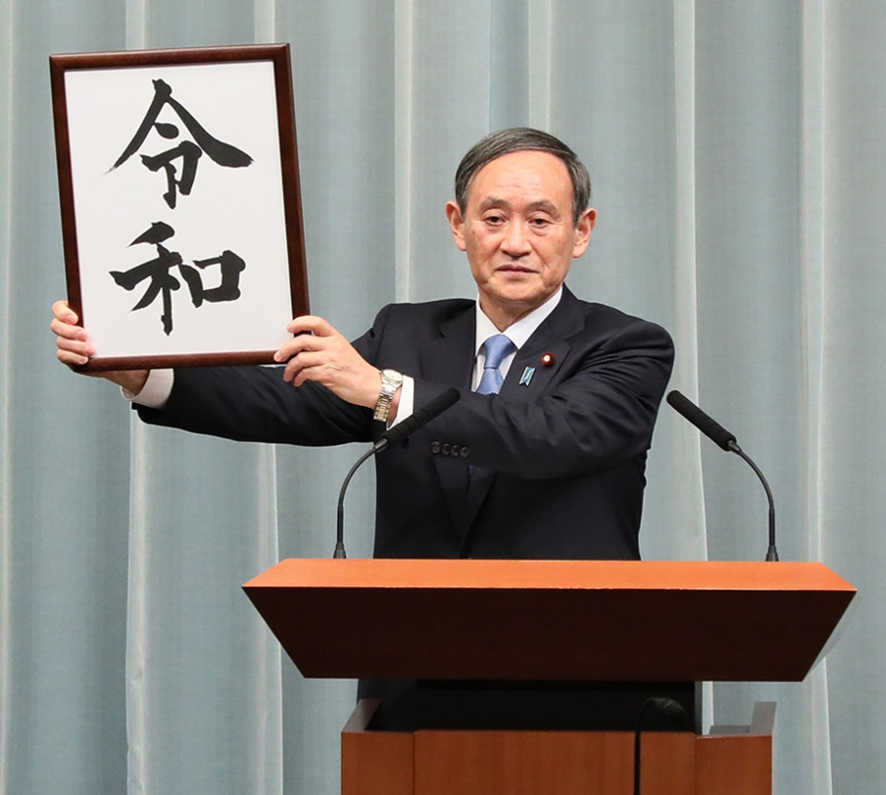
(Source: © 内閣官房内閣広報室 [CC BY 4.0], via Wikimedia Commons.)
In 2016, Emperor Akihito, who is now 85, said that he would prefer to step down than to continue as emperor if he was not up to the job. It was an unusual decision. It is the first time in over 200 years that a Japanese emperor has stepped down.
The era of Emperor Akihito is called Heisei, which means “achieving peace”.
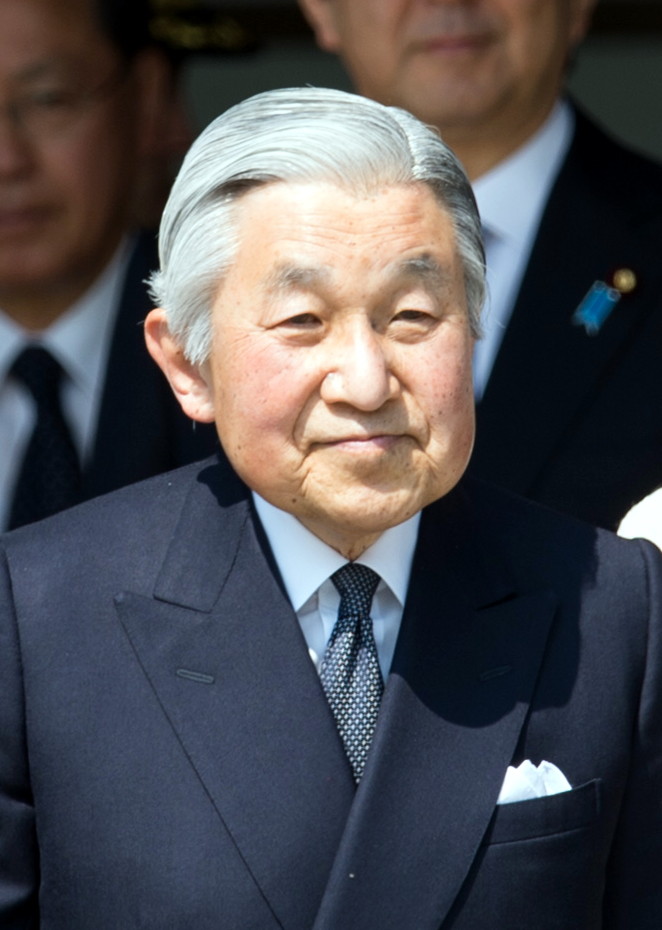
(Source: State Department photo by William Ng, via Wikimedia Commons.)
Though the Japanese emperor doesn’t have much power, the position is an important one for the Japanese people. Naruhito will be the 126th emperor of Japan and the country has been naming eras for more than 1,300 years.
Japan uses two calendars. For most computer work, and its international connections, it uses the calendar used by most of the rest of the world.
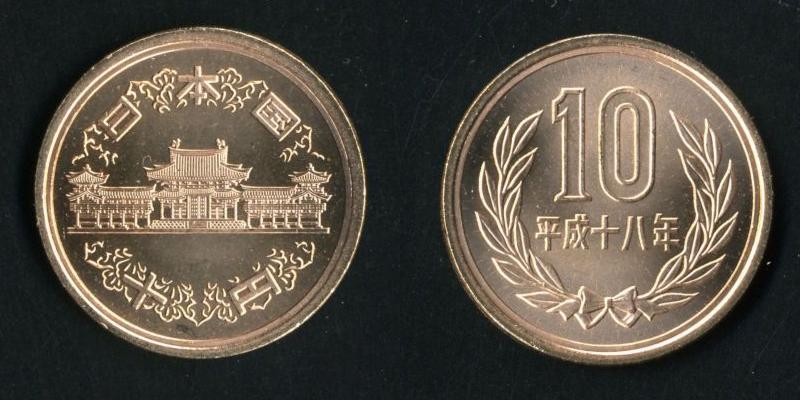
(Source: Bank of Japan, via Wikimedia Commons.)
But Japan also has its own special calendar that dates back many hundreds of years. This calendar is based on the Japanese eras. The Japanese date, including the era, is used in official government work and on official business papers.
The naming of the era was kept top secret. A small group of people chose the name from about six different final choices. Since the end of World War II, the names of eras are chosen by the government, so even the new emperor had no idea what the new era would be called.
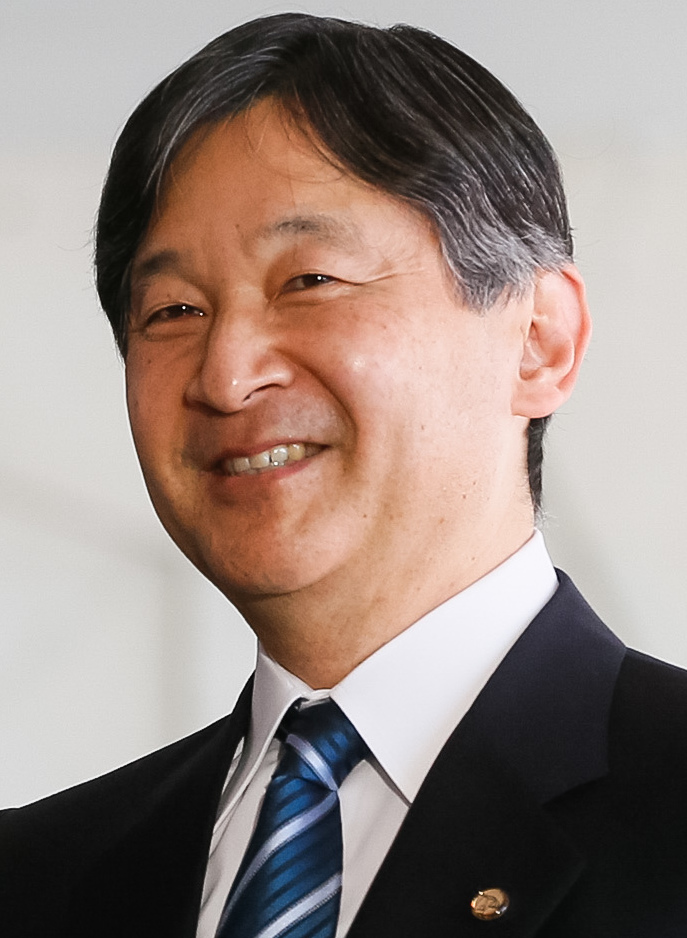
(Source: Michel Temer [CC BY 2.0], via Wikimedia Commons.)
The Japanese and Chinese share a system of writing. For the last 1,300 years, the names of eras have been chosen from famous old Chinese stories. This time the name was chosen from ancient Japanese poetry for the first time ever. Many people believe that the fact that the new name has no Chinese connection at all is meant to send a message about Japanese independence.
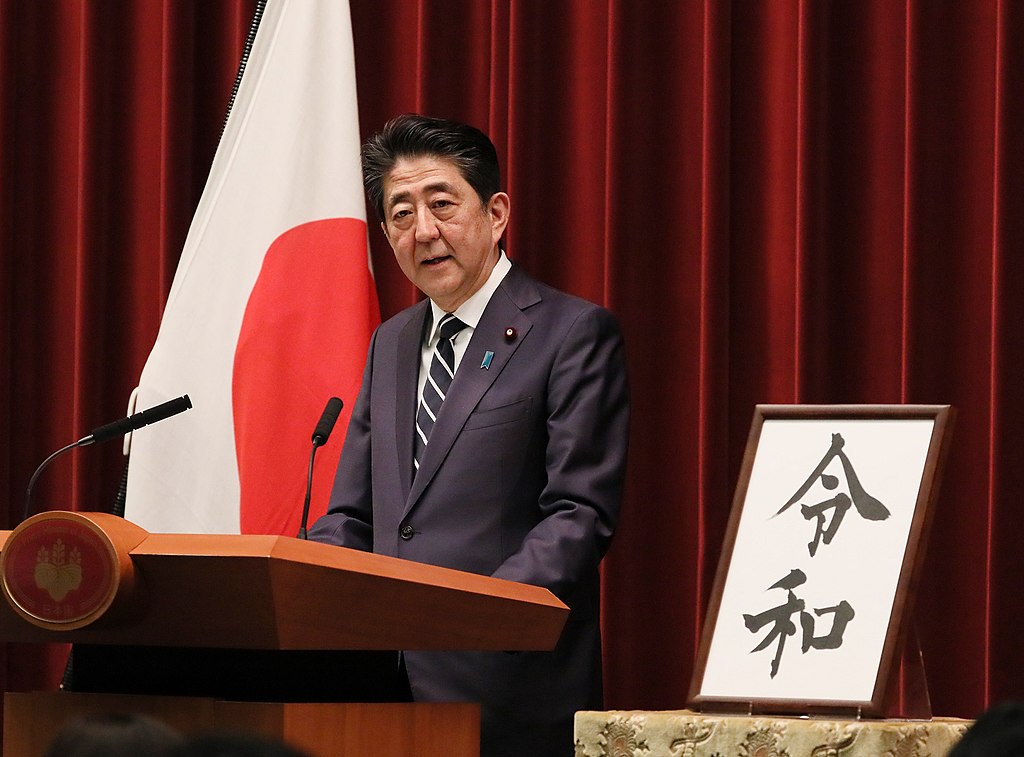
(Source: © 内閣官房内閣広報室[CC BY 4.0], via Wikimedia Commons.)
The name of an era is important. It is supposed to set the tone for the era. The era’s name must be new, and it must be easy to read and write, though it can’t be common. Reiwa has several meanings, including “order and peace” and “joyful harmony”.
The news of the new name was a big deal in Japan. It put many kinds of businesses to work. These businesses have just one month to make changes to everything before the new era begins on May 1. These include government printing houses, websites, companies that make calendars, and many others.
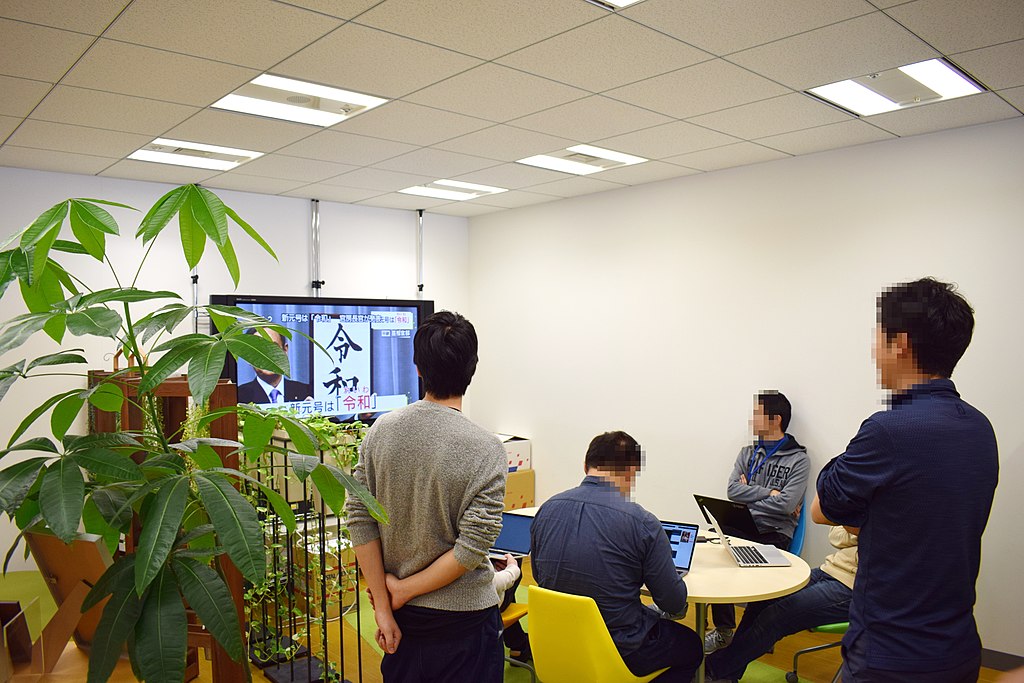
(Source: Syced [CC BY-SA 4.0], via Wikimedia Commons.)
The name change is even affecting some big decisions people are making, like getting married. Some people want to get married quickly, so their marriage license will have the Heisei date on it. Others are waiting on purpose to get the Reiwa date on their paperwork.
😕
This map has not been loaded because of your cookie choices. To view the content, you can accept 'Non-necessary' cookies.
